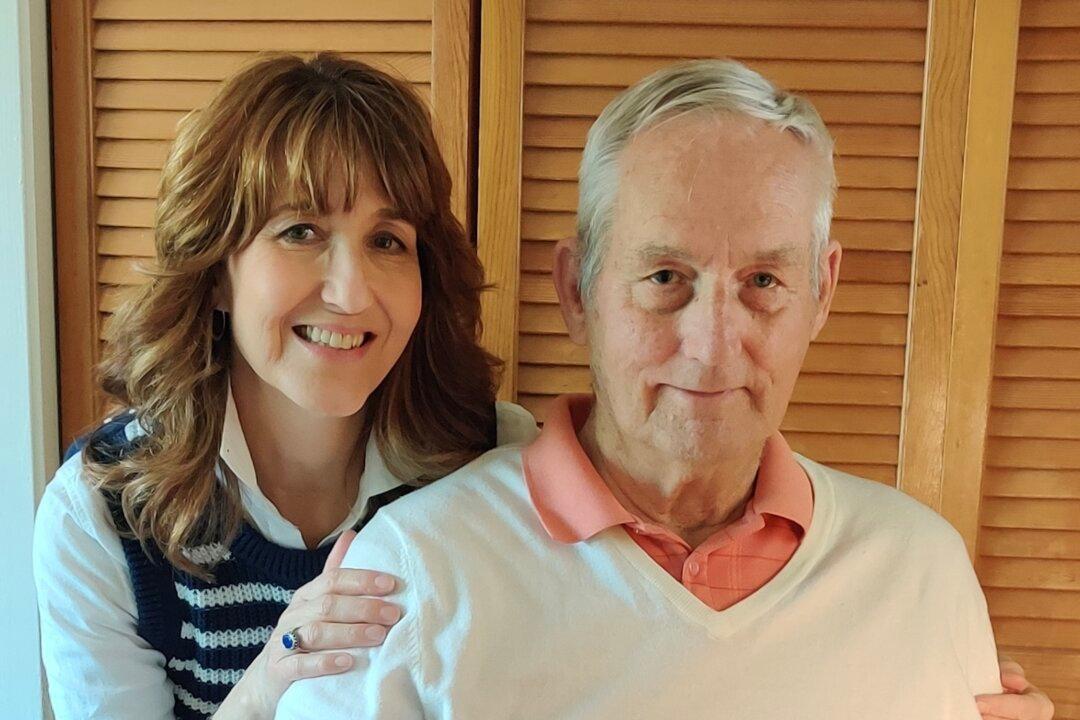Since I was a child, I have learned much from my father, Dave Carson. He is not famous. He is not a millionaire. He does not run a Fortune 500 company. But he is a great man. He has worked hard all of his life to do what is right, provide for his family, help others. He has been a consistent role model to me and to my siblings for our entire lives.
When I was in college, Dad got me a job at the printing company where he was working at the time in Glendale, California. One day while I was there, we had what turned out to be a very important conversation to me. It had to do with the usual challenge for me at that time, which was that I needed more members on my softball team, the Tigers, at the after-school youth organization where both he and I volunteered, the Kare Youth League, and I didn’t know how to get them. Feeling kind of sorry for myself and expecting a sort of pep talk, I expressed my frustration to Dad. Instead of sympathizing, he just straight up told me, “The system you have is perfect for the results you’re getting. If you don’t like your results, you need to change your system.”

